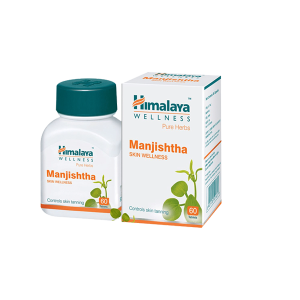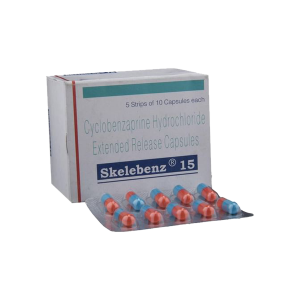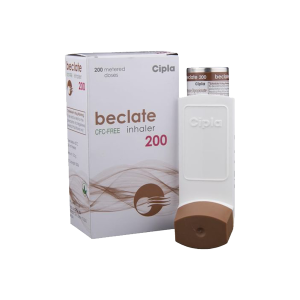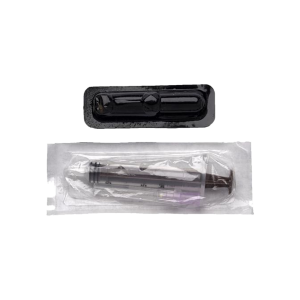Sirolimus Tablets reduce transplant organ rejection. Post-transplant therapy requires sirolimus 1 mg pills to alter the immune response to the new organ.
Manufacturer/Active Ingredient
Rapamycin is in these pills. It is a powerful immunosuppressant that inhibits the mTOR pathway, which is essential for cell growth, proliferation, and survival. The reputed pharmaceutical firm Zydus Cadila makes the drugs.
The Action Mechanism
Sirolimus limits growth and activation of immune-boosting T-lymphocytes. This lowers organ transplant rejection. After transplantation, immunosuppression preserves organ function and bodily integration.
Administration/Dosing
Siromus Rapamycin is usually administered orally at 1 mg. Drug response, patient condition, and transplant type affect dose and frequency. To ensure treatment efficacy and safety, follow the dosing regimen.
Clinical Benefits
- Prevents Organ Rejection: Sirolimus normally prevents kidney transplant rejection, but it may help other organs.
- Increases Transplant Life: Sirolimus alters the immune system to prolong organ transplantation.
- Anti-inflammatory drugs boost immunity.
Adverse Effects
- Sirolimus prevents organ rejection but has negative effects.
- Immunosuppression increases infection risk. Surgical wounds heal slowly.
- Mouth ulcers and sores are common.
- Suppressed bone marrow causes anemia, leukopenia, and thrombocytopenia.
Risks and Side Effects
Sirolimus and component sensitives should avoid this medicine. Treatment includes periodic blood count, liver function, and lipid profile monitoring. Patients should avoid live immunizations and stay clean to prevent infections.
Other Immunosuppressants (compared)
Sirolimus resembles Tacrolimus and Cyclosporine. Sirolimus inhibits mTOR, whereas Tecrolimus and Cyclosporine block calcineurin. This may improve sirolimus for calcineurin inhibitor nephrotoxicity. Chronic rejection and long-term outcomes improve with sirolimus.
Cost and Access
Siromus Rapamycin costs $144 for 30 pills, making it a big investment for patients. Preventing organ rejection and ensuring transplant success justify the drug’s high cost. Patients may seek insurance or financial aid.
Conclusion
Sirolimus Tablets reduce organ rejection and prolong transplanted survival. Patients may better control their illness and quality of life with dose monitoring. Clinical benefits make sirolimus an attractive immunosuppressive treatment despite adverse effects and expense.







Reviews
There are no reviews yet.